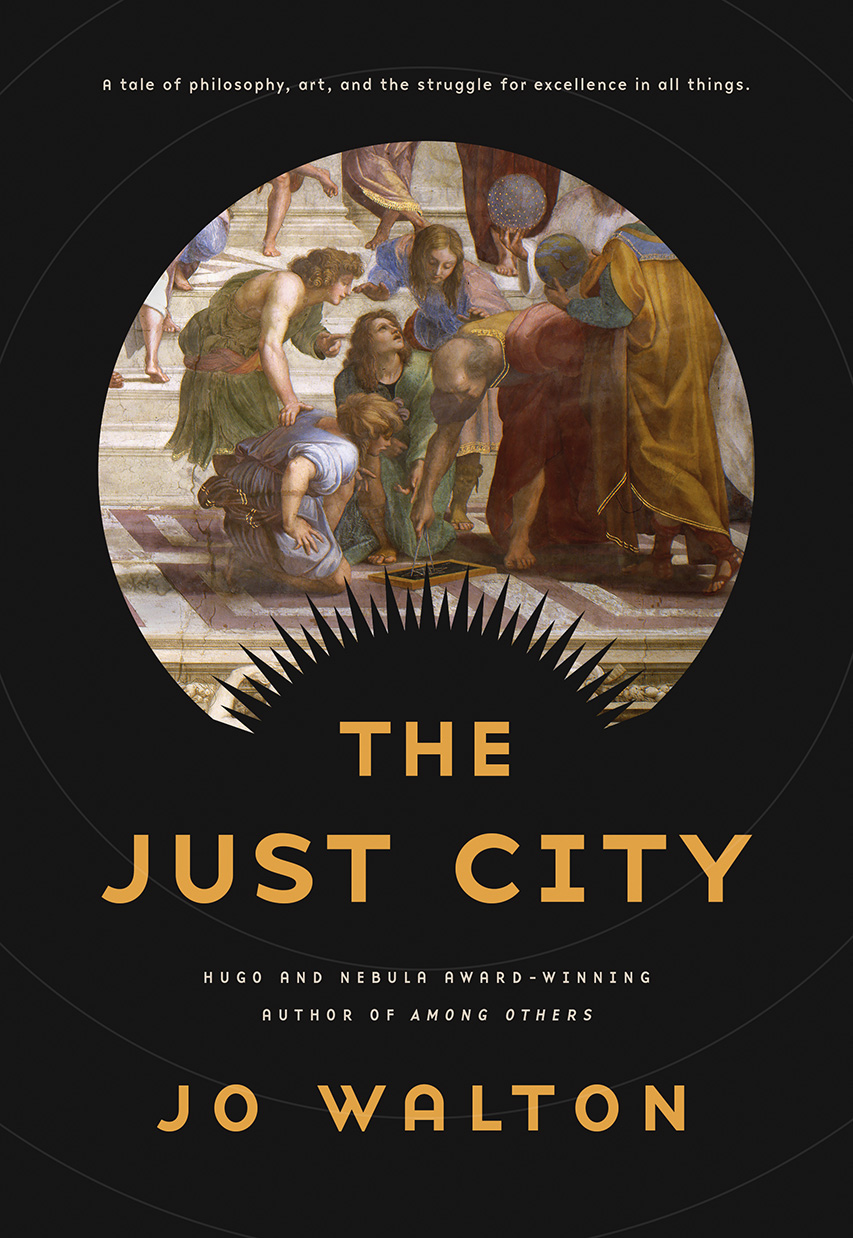There comes a point in writing, and it’s a spear-point, it’s very small and sharp but because it’s backed by the length and weight of a whole spear and a whole strong person pushing it, it’s a point that goes in a long way. Spearpoints need all that behind them, or they don’t pack their punch in the same way.
Examples are difficult to give because spear-points by their nature require their context, and spoilers. They tend to be moments of poignancy and realization. When Duncan picks the branches when passing through trees, he’s just getting a disguise, but we the audience suddenly understand how Birnam Wood shall come to Dunsinane.
Shakespeare there is making a spearpoint out of air — goodness knows, maybe it was in Holished, but that doesn’t matter because he couldn’t have expected his audience to know it. There are all sorts of things you can expect the audience to know, that you can rely on them essentially bringing along their own spear-shafts for. Card talks about hurting children as a way of creating sympathy — hurting children is something where people bring their own spear-shafts to slot into the point you give them.
There are a whole lot of things like this — though sometimes they change over time, and readers of another age, without the spear the author expected, laugh or are confused when they learn that a character has lost a hat, or had sex with his boyfriend. Coffeeandink wrote a little while ago about what a non-revelation hidden homosexuality is these days, when writers as recently as the 1970s could confidently expect a certain kind of spear coming ready to the hand there.
For a writer using that historical period now to get that spear-point effect (the one Sumner Locke Elliott’s The Man Who Got Away gave me in 1980 and didn’t give Mely in 2003), it would be necessary to do a lot of set-up about the significance of male friendship in the context of the time, and even then it wouldn’t be a revelation in the same way.
Sometimes the spear has to be very long — the events at the end of Dunnett’s Pawn in Frankincense don’t reliably work without the spear reaching all the way back to A Game of Kings, just reading Pawn hasn’t been enough for two readers that I know of. Likewise some of Bujold’s spearpoints work much better with the longer context, although they do still work without.
When writing SF and F, it’s possible to make the whole spear out of air and know that’s what you’re doing. The example I usually give of this is Cherryh writing about people going through Jump without drugs. There’s no such thing as Jump — FTL hyperspace — and humans don’t need drugs for it, she made it all up, but she also set it all up such that by the time the reader gets to it, it’s a spear-point.
Another is the one I used as a title for this — in The Farthest Shore, a minor character shouts out her name for all to hear. For someone who read that page alone, this would be inexplicable and possibly silly. For someone who has come all the way through Earthsea as far as Lorbannery already, it’s terrible and revelatory — and when Ged does the same thing later, quoting his own name in what Orm Embar says to him, there’s an even longer spear-point that goes back to Ged’s naming at Ogion’s hands near the beginning of A Wizard of Earthsea.
Now we get to what I wanted to say.
It isn’t always possible to build the spear so that it will work the first time through.
If you keep stepping back to show the reader that there is irony here, that there is a wider context, that things work out this way, you risk losing absolute raftloads of immediacy. You can do that now and again, but not too much. You certainly need to do a lot of set-up, carefully, towards what you want to do later, and the reason for that is so that when you actually get to doing it, it can stand alone at that point, be that point, because the spear needs to be behind it, and a spear-point supported right there with scaffolding doesn’t have any impact at all.
It needs to be moving when it hits you, and it needs to have the spear already there, whether you and the reader built the spear together along the course of the book or whether the reader came into the room with it. And if you’re building the spear, you have to come by it honestly, even though you’re doing set-up, it all has to fit with what’s there it all has to work in its own context or you won’t end up with anything but a pile of splinters.
And sometimes you don’t have room and it isn’t going to be fully there until afterwards, and I think it’s better to suck that up and trust the reader to think, to come back and re-read, to get the impact then, than to try to hammer the spear-point in when there hasn’t been time to build the spear, because what happens then is telling in the way that people mean when they tell you not to do it, and distancing, which can blunt the impact not just the first time but always.



